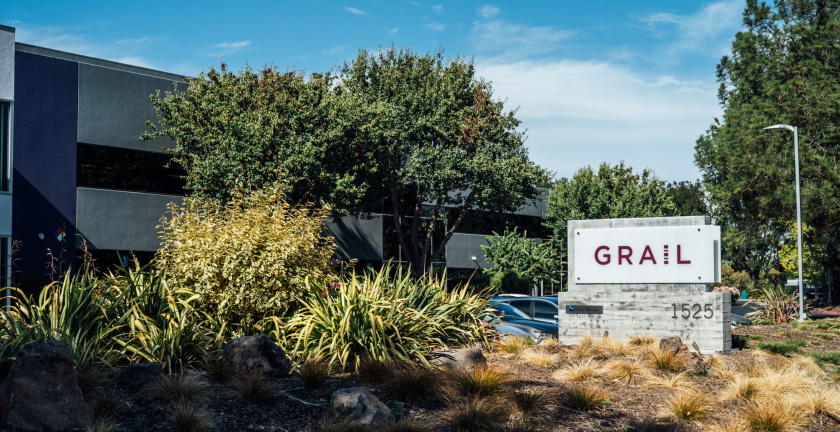Commission can rule on Illumina, Grail merger, says EU court

Illumina's attempt to prevent the European Commission from carrying out an antitrust review of its $8 billion takeover last year of cancer diagnosis firm Grail has been defeated in an EU court.
The EU General Court has ruled that the Commission can investigate the merger, unswayed by Illumina's argument that it should have no jurisdiction over the deal because Grail does not currently have a commercial presence within the EU.
An investigation into the cash-and-stock acquisition was opened by the Commission last year, but Illumina opted to go ahead and complete the merger while the outcome was still pending, inciting the ire of EU antitrust chief Margrethe Vestager.
At the time, she said, "companies have to respect our competition rules and procedures. Under our ex-ante merger control regime, companies must wait for our approval before a transaction can go ahead".
Under EU law, the Commission can impose fines up to 10% of aggregate turnover on companies that either intentionally or negligently breach the standstill obligation.
Illumina said it would appeal the EU General Court ruling, which would elevate it to the Court of Justice, the highest in the EU, and intends to continue its efforts to bring Grail's cancer diagnosis technology to European markets.
Grail was spun out of Illumina in 2016 and was set to list as a public company when its former parent made a bid to bring it back in-house in 2020, attracted by the traction developing for its liquid biopsy platform, used to diagnose cancer using a blood test rather than a tissue biopsy.
Last year, NHS England started the largest ever clinical trial of Grail's Galleri blood test, which aims to diagnose dozens of different forms of cancer before symptoms appear, with results due in 2023.
Galleri works by detecting chemical changes in fragments of cell-free DNA (cfDNA) that leak from tumours into the bloodstream. If it proves effective in the trial, the UK has said it could roll testing out to one million people in 2024 and 2025.
The merger agreement was made after an earlier attempt by Illumina to buy fellow DNA sequencing company Pacific Biosciences for $1.2 billion was abandoned after opposition from financial authorities in the US and UK, which said it could create a monopoly.
Illumina went ahead with the Grail transaction despite opposition from the Federal Trade Commission (FTC) in the US as well, where the authorities are taking legal action to try to roll back the merger, arguing it will harm innovation and increase prices.
The company argues that its size and presence in the marketplace will accelerate the development and adoption of the diagnostics.
Grail is one of a clutch of biotechs focusing on liquid biopsies for cancer, with rivals including Angle, Guardant Health, Thrive, Foundation Medicine and Epic Sciences, among others.













